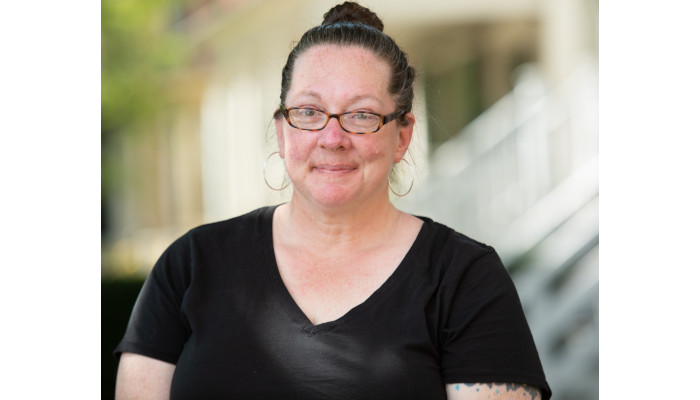Reality of Decent Work for People in Poverty


In this episode of Dignity Voices, a podcast produced by the International Committee for October 17, Aye Aye Win talks with ATD Fourth World’s main representative to the UN, Maryann Broxton about the realities which those living through extreme poverty have to face when trying to find decent work. This discussion comes as part of this year’s theme for October 17 – World Day for Overcoming Poverty which focuses on decent work and social protection for all.
Complexities of work
Ms Broxton touches on some of the complexities surrounding work for those living in poverty. She highlights the differences between formal and informal work, pointing out how often those living in poverty in developing countries are even less likely to find formal work employment.
When employment is found, many are often left at the mercy of their employers, faced with unfair work conditions, unfair wages, and sometimes outright harassment.
This is coupled with a perpetuation that they are replaceable if they feel like walking away or speaking out about these unfair conditions.
Ms Broxton also talked about jobs that are available to those living in poverty and how society looks down on them, like garbage collection, terming the people who do the jobs as garbage men, even though these workers engage in work that contribute to society and the environment. They are green economy workers.
Social and systemic barriers
Ms Broxton also goes on to talk about the social and systemic barriers in place which those in poverty must face when looking for work. She first and foremost highlights how location plays into several different barriers, from a lack of decent job opportunities in areas where people in poverty live to discrimination experienced for living in those areas.
Throughout the podcast, Ms Broxton draws attention to how the realities of working and finding work for those living through poverty are heavily influenced by these social and systemic barriers which turn into vicious cycles limiting the opportunities available to them and keeping them from moving forward. As she explains,
“Poverty is persistence, because people never have a chance to get ahead.”

